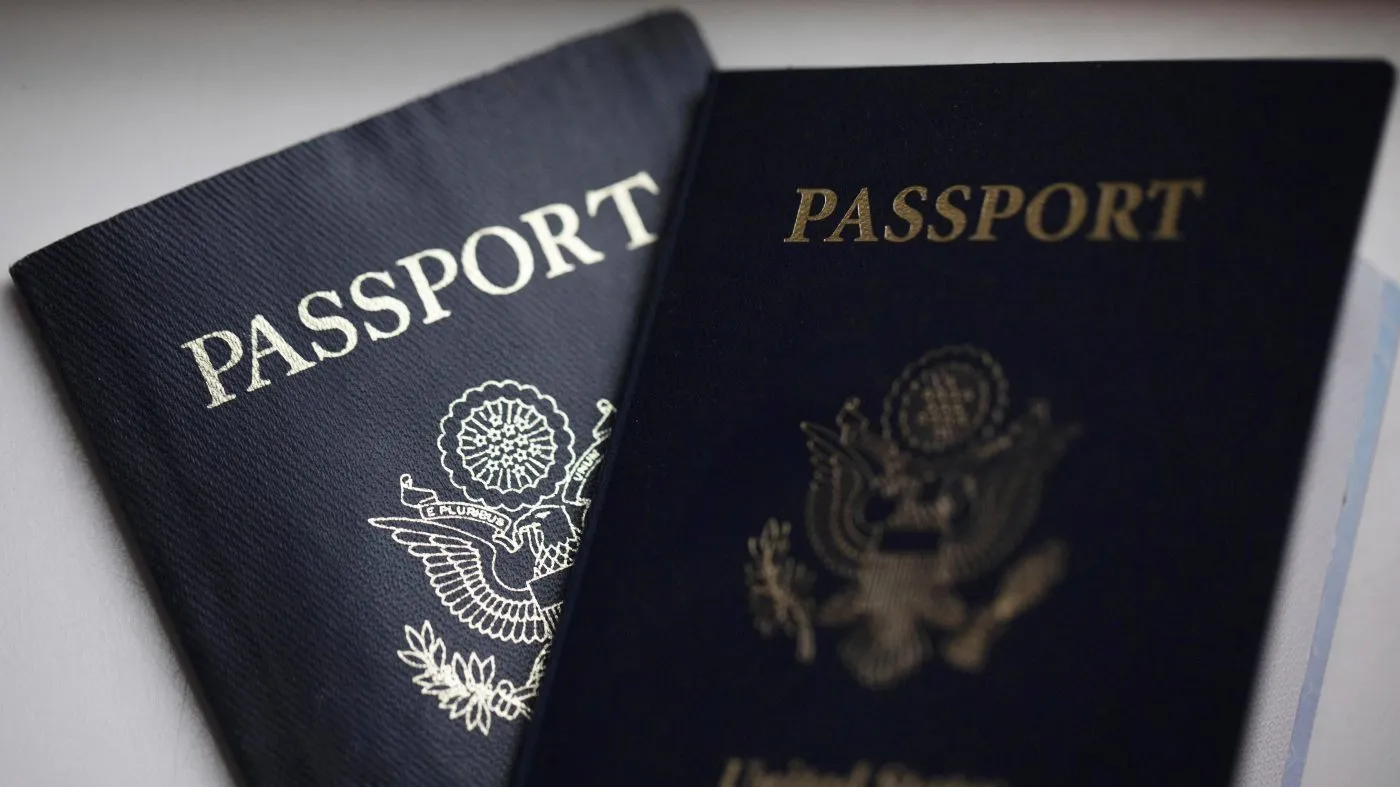The Trump administration has asked the U.S. Supreme Court to allow enforcement of a new passport policy that requires gender markers on passports to strictly reflect the sex assigned at birth rather than a person’s gender identity. This request comes after lower courts blocked the policy based on constitutional concerns. The case centers on whether the government may limit gender designations on official documents to only “M” or “F” using biological sex, eliminating nonbinary “X” markers.
Background of the Policy Change
In January 2025, President Donald Trump signed an executive order that defined “sex” in government documents as a biological classification, assigned at birth. The order directed federal agencies, including the State Department, to issue passports that list only male or female designations based on birth certificates. Before this change, transgender and nonbinary individuals could self-select their gender marker, including “X” for nonbinary, under a policy from the Biden administration.
When the Trump-era policy took effect, the State Department stopped accepting new passport applications requesting nonbinary or identity-based markers. Applicants had to use the sex listed on their birth certificate. These changes sparked lawsuits from civil liberties groups arguing that the policy discriminates based on gender identity and violates constitutional protections.
Legal Challenges and Court Decisions
In April 2025, a federal district court in Boston (Judge Julia Kobick) granted a preliminary injunction blocking the new policy for six transgender and nonbinary plaintiffs. The judge found the policy likely violates equal protection under the Fifth Amendment because it mistreated transgender individuals. Subsequently, in June, the court expanded its decision to cover all similarly situated transgender, nonbinary, and intersex passport applicants across the country, turning the case into a class-action lawsuit.
The administration appealed, and the U.S. Court of Appeals for the First Circuit declined to suspend the injunction. Now, the Justice Department has filed an emergency request at the Supreme Court, asking the high court to temporarily lift the injunction so it can enforce the birth-sex requirement nationwide while litigation continues.
Arguments from Both Sides
The administration argues that it cannot be forced to use what it considers inaccurate sex designations on official documents. It claims that enforcing the lower court’s order would undermine its authority over foreign communication and documents, especially since passports serve international functions. The government maintains that its definition of sex based on birth certificates reflects its view of biological reality.
Conversely, plaintiffs, including transgender, nonbinary, and intersex individuals, assert that this policy infringes on constitutional rights. They insist that the policy represents discriminatory intent and causes harm, confusion, and emotional distress. Their legal team points out that previous policies allowed self-attested markers and respectful recognition of identity, which they describe as necessary for dignity and equal treatment under the law.
What’s Next in the Supreme Court
Supreme Court justices will soon consider whether to grant the emergency request to enforce the birth-sex policy while the broader case proceeds. If the court allows it, the administration could temporarily resume denying “X” markers and gender identity-based designations. If the court declines, the existing injunction remains in place, preserving the more inclusive policies for transgender, nonbinary, and intersex applicants.
Legal experts warn that the decision could have long-term implications. It might define how much deference courts give to executive branch definitions of sex, shape future policies on gender identity, and influence other cases related to civil rights and identity documentation.
Conclusion
Trump’s push to reinstate a strict birth-sex passport policy has reignited debate over gender identity, law, and equal protection under the Constitution. The administration seeks Supreme Court approval to enforce its rules, but opponents argue that such enforcement would violate the rights and dignity of many Americans. As the case advances through higher courts, its outcome will likely set a precedent for how identity and official documentation intersect in the United States.
Bonus Read: Three Officers Killed in Pennsylvania Shooting While Serving Warrant



